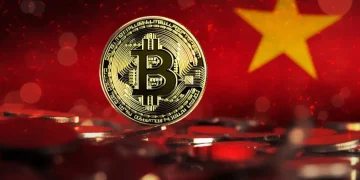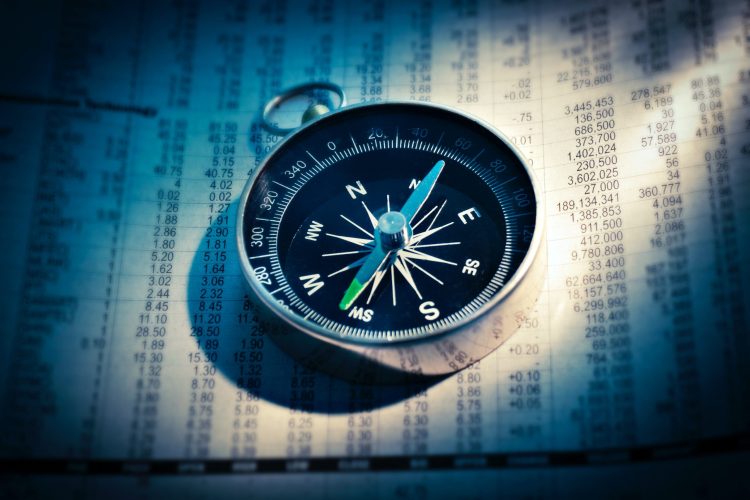Leading the Discourse:
A World Frayed By Geopolitical Tensions
In recent years, the global landscape has been violently sculpted by the unpredictable hands of geopolitical tensions. From the underlying frictions in the Russia-Ukraine scenario to the recent upheavals in the Palestine-Israel and Lebanon-Israel conflicts, the world’s economic heartbeat has not skipped the tremors sent by these regional clashes.
Probing Geopolitical Strife:
Europe’s Precarious Balancing Act Amidst Energy Predicaments
The ripple effects of these frays have been particularly palpable within Europe, which once found itself enmeshed in an acute energy supply crisis. The scourge of conflicts, such as the Houthi assault within the vitally strategic Red Sea lanes, necessitated costly detours for numerous freight vessels, heaping undue strain on the global shipping costs and severely wounding the global supply chain integrity.
In the Eye of Conflict:
The Current Landscape of Geopolitical Permutations
Reports continue to pour in about ongoing hostilities across the globe. The relentless bombardment by Israel on Lebanese soil on September 23 was wrought with tragic consequences, marking the bloodiest confrontation since tensions escalated. International concern is mounting as the region teeters on the brink of full-scale warfare, a scenario that would only further destabilize an already quivering Middle East.
Enlightening the Global Stage:
United Nations Addressing The Rising Tide of Concern
As the 79th session of the UN General Assembly unfolds, the urgency for a collective response to these seismic shifts in global affairs is both palpable and pressing. Secretary-General António Guterres captures this sentiment poignantly, underscoring the notion that we stand on the cusp of an era marked by challenges the likes of which have not been seen before, requiring global solutions.

Analyzing Economic Vulnerability:
Geopolitical Unrest Miring Economic Growth
Even as we observe nascent positive signals in global economic trajectories, the sinister shadow of unresolved geopolitical strife casts long and uncertain shadows. The World Trade Organization anticipates a modest uptick in global trade for the years 2024 and 2025, yet these forecasts remain tentatively below historical averages due to the looming geopolitical uncertainties.
Banking Insights:
Financial Leadership Weighs In on the Geopolitical Quagmire
Notable among voices is that of Jamie Dimon, CEO of JPMorgan Chase, who cautions that worsening geopolitical tensions pose imminent and unpredictable risks to energy supply chains and by extension, the global financial markets. His reflections remind us that geopolitical upheaval was, and remains, one of the greatest risks facing the global order, even more so than inflation or economic downturns.
The Central Bankers’ Quandary:
Monetary Policies Held at the Mercy of Geopolitical Whims
Christine Lagarde, the European Central Bank President, voiced her concerns over the intersecting crises of health, conflict, and energy—the gravest since the early and mid-20th century—while navigating the troubled waters of post-pandemic demand surges, supply chain disruptions, and energy price hikes have pushed major economies into the arms of inflation, a test of central banks’ policy agility.
Investment Landscape:
Institutional Investors’ Calculus Amid Geopolitical Disarray
In this environment of unease, investors are primed to recalibrate. Surveys from PGIM reveal a stunning picture: geopolitical risks are weighed heavily on institutional investors’ horizons, with more than half ranking such disruptions at the forefront of their concerns. Yet, notably, a third of them plan to pivot towards riskier ventures come 2025.
Investors worldwide grapple with the realities of geopolitical unpredictability, with a significant share acknowledging the potential for regional tensions to rattle international markets within the next two years. The military conflicts in the Middle East are deemed the most hazardous by 27% of the investors surveyed.
Adjusting Investment Sails:
Seeking Stability in An Unstable Investment Climate
Despite growing adversity, institutional investors are preparing to embrace portfolio risks, eyeing the market’s ebbs and flows as opportunities for long-term investment growth, with a third planning a more aggressive strategy by 2025’s close.
Hoarding for the Rainy Days:
Investors’ Tactics in the Face of Uncertainty
Amid these uncertainties, there’s an observed surge in cash holdings, a bulwark against geopolitical unpredictability, with American investors leading the charge, 41% opting for liquidity as their haven.
Conclusion:
A Global Pathway Through Economic Precipice and Geopolitical Rubble
As the world holds its collective breath over the cacophony of geopolitical strife and its reverberations on global prosperity, it’s clear that shrewd navigation through the hawkish waters of international affairs is required. The world finds itself at an inflection point, where cooperation and ingenuity in economic strategy and diplomacy are not just desired but imperative for steering through the labyrinth of risks that lay ahead.



































